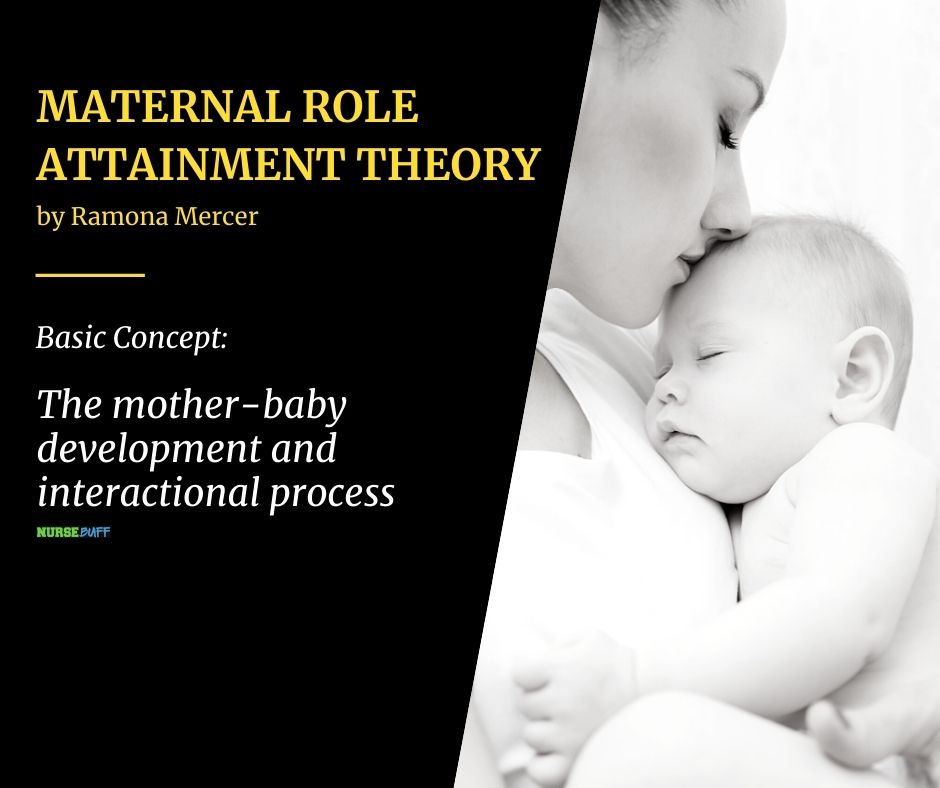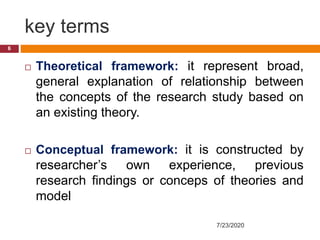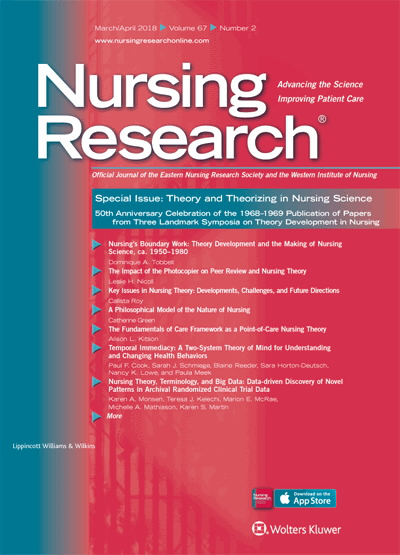A theoretical framework is a set of assumptions, concepts, and ideas that provide a basis for understanding a particular phenomenon. In nursing research, a theoretical framework serves as a guide for the study, helping the researcher to define the research problem and identify the variables of interest. It also helps to provide a context for interpreting the results of the study and to draw meaningful conclusions.
One example of a theoretical framework in nursing research is the Health Belief Model (HBM). Developed by social psychologists in the 1950s, the HBM is a cognitive-behavioral model that explains how individuals perceive their health and make decisions about health-related behaviors.
According to the HBM, individuals' beliefs about their susceptibility to a particular health threat, the severity of the threat, the benefits of taking action to prevent or mitigate the threat, and the barriers to taking action all influence their health behaviors. For example, a person who believes they are at high risk for developing a particular disease and who believes that taking preventive action will significantly reduce their risk may be more likely to engage in healthy behaviors, such as exercising regularly and eating a healthy diet. On the other hand, a person who does not believe they are at risk or who does not believe that preventive actions will be effective may be less likely to engage in healthy behaviors.
The HBM has been widely used in nursing research to understand and predict health behaviors related to a range of health issues, including cancer screening, vaccination, and chronic disease management. For example, a study may use the HBM to identify factors that influence whether a person with diabetes is likely to adhere to their treatment plan, including their beliefs about the severity of their condition and the benefits and barriers to taking their medication as prescribed.
In summary, the Health Belief Model is just one example of a theoretical framework that has been used in nursing research to understand and predict health behaviors. Theoretical frameworks provide a useful way for researchers to conceptualize and study complex phenomena, and they can help to inform the development of interventions to promote health and improve patient outcomes.









